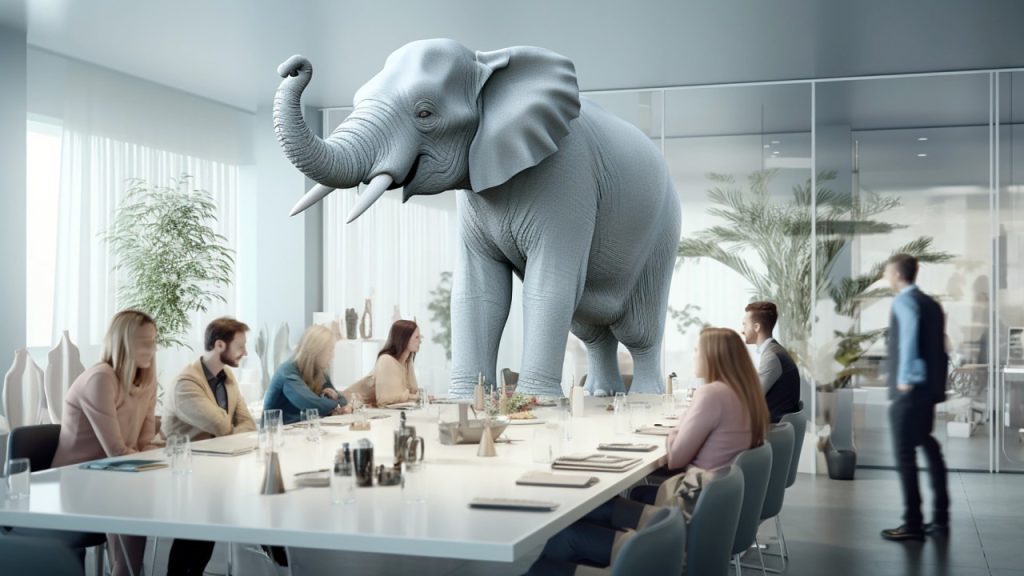Breaking the silence: How AI is transforming inclusion in the workplace

- marketing
- Categories: Isidoros' blogposts
- Tags: AI, CX, Loyalty
The elephant in the room that we need to address.
Inclusion means that people of all identities feel valued, respected, and heard. It involves actively engaging with diversity and removing systemic barriers to equity and social justice. Despite our efforts to eliminate discrimination based on factors such as sexual orientation, age, and disability, there is one aspect of this issue that is often overlooked: the role of mental skills in determining success.We still accept discrimination based on mental skills, as it is deeply ingrained in our financial system, which is capitalism. Superior mental skills generate more wealth in modern economies, and as a result, being more skilled in certain areas can lead to significantly higher income.

But is this fair?
After all, our mental abilities are largely determined by factors beyond our control, such as our DNA and the environment we were born into. So why should we be rewarded or penalized for something that is essentially a matter of luck?
This is where AI comes in. According to a study by the Boston Consulting Group, AI can act as a skill leveler and equalizer.Less skilled information workers see a 43% boost in performance when using AI, while highly skilled information workers see only a 17% increase.

As AI tools become more widely available, they have the potential to bridge the gap in mental skills and reduce income inequality. This could be the ESG boost we need to achieve the first goal of the 2030 agenda: to end poverty in all its forms everywhere.
With AI tools becoming increasingly accessible and bridging the mental skill gap, it begs the question: why do we still see such vast income inequalities in the workplace? And as we approach the potential reality of Artificial General Intelligence (AGI) surpassing all human abilities in any mental skill, how do we prepare our financial systems and society for this singularity moment?
The future is rapidly unfolding before us, and it’s essential that we contemplate the ramifications of technological progress. Picture a world where machines with super-intelligence make our mental abilities irrelevant.The prospect is both exhilarating and intimidating, and it’s our responsibility to ready ourselves for this new era.

As members of an intellectual elite (most probably, if you are reading this article, you are an intellectual elite 😉), we often take pride in our mental abilities and career achievements. However, it’s important to approach this with humility and recognize that our intelligence is largely a result of luck, whether through genetics or environment. It’s like winning the roulette in a casino and feeling proud of our success. By acknowledging that we are simply the fortunate ones on this planet, we can more easily make the decision to share our wealth and privileges with the rest of humanity. Especially as our greatest strength, the power of our minds, may soon become irrelevant due to the advancements of AI. It’s crucial that we proactively address the challenges posed by AI to ensure that its benefits are shared by all.